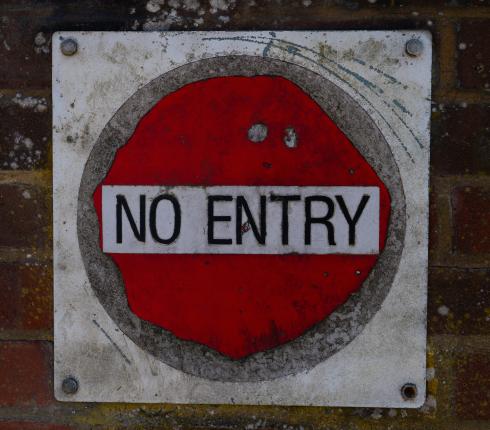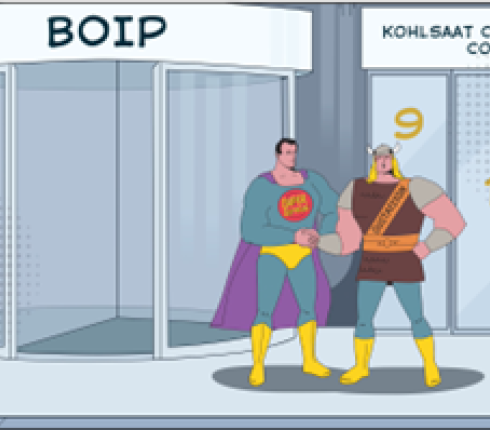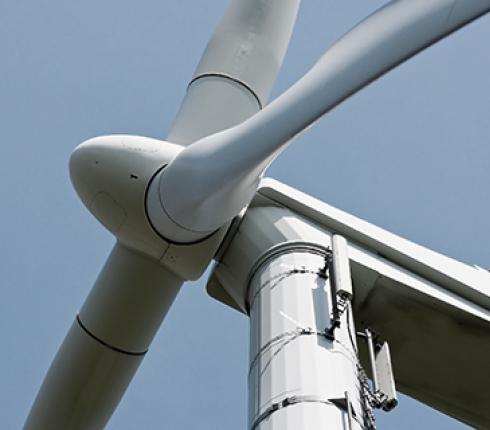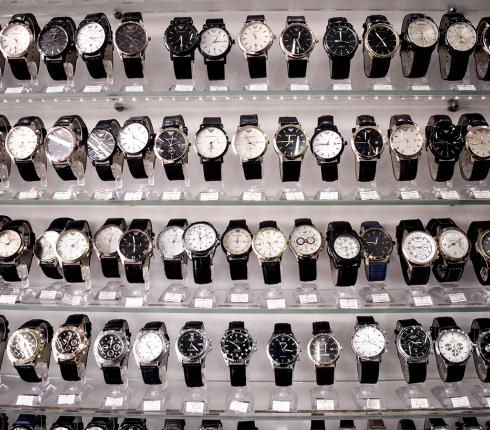The General Court upholds the Commission’s decision finding that the national railway company of Lithuania abused its dominant position on the Lithuanian rail freight market
On 18 November 2020, the Court of Justice of the European Union (General Court) in the case Lithuanian Railways v Commission No. T-814/17 adopted its judgment on the action brought by Lithuanian Railways (LG) to challenge a European Commission’s decision imposing a fine om Lithuanian Railways for abusing its dominant position on the Baltic rail freight mar-ket, in breach of Article 102 of the TFEU.

In 1999, LG concluded a commercial agreement with Orlen Lietuva AB on the services to transport its refined oil from its factory to the seaport of Klaipėda (Lithuania) for export. LG subcontracted the performance of transport services to Latvia to the Latvian national railway company (LDZ). Due to a financial dispute concerning the rates of LG for transport services, Orlen Lietuva AB decided to contact LDZ directly instead and also to move its seaborne export business from Lithuania to Latvia. Shortly after Orlen Lietuva AB started putting these plans into action, LG in its capacity as the railway infrastructure manager, removed the traffic on the 19 km long section of rail track between the neighbouring countries.
The General Court pointed out that LG, in its capacity as Lithuania’s railway infrastructure manager, is responsible under both EU and national law for granting access to public railway infrastructure and ensuring the good technical condition of that infrastructure. The General Court observed that LG had not established that, after the deformation appeared and after the detailed assessment of the condition of the entire track, it was in a state which would justify its immediate and complete removal. The Commission found issues with 1.6 km of the 19 km of the track, and this could not justify the track’s complete and immediate removal.
Additionally, it was confirmed that LG had a dominant position on the relevant market; it had a special responsibility not to allow its conduct to impair genuine, undistorted competition on that market. Therefore, when deciding on the solution to address the track deformation, LG should have taken into account its responsibility under Article 102 TFEU and avoided eliminat-ing the entire track.
The verdict of the General Court is that the European Commission’s decision to impose a fine on LG is well-founded. The fine was imposed on LG, claiming that LG had abused its dominant position on the Baltic rail freight market. The General Court reduced the imposed fine from almost 27,873,000.00 million EUR to 20,.068,650.00 million EUR.
The decision of the General Court is subject to an appeal. The appeal, limited to points of law only, may be brought before the Court of Justice.









































